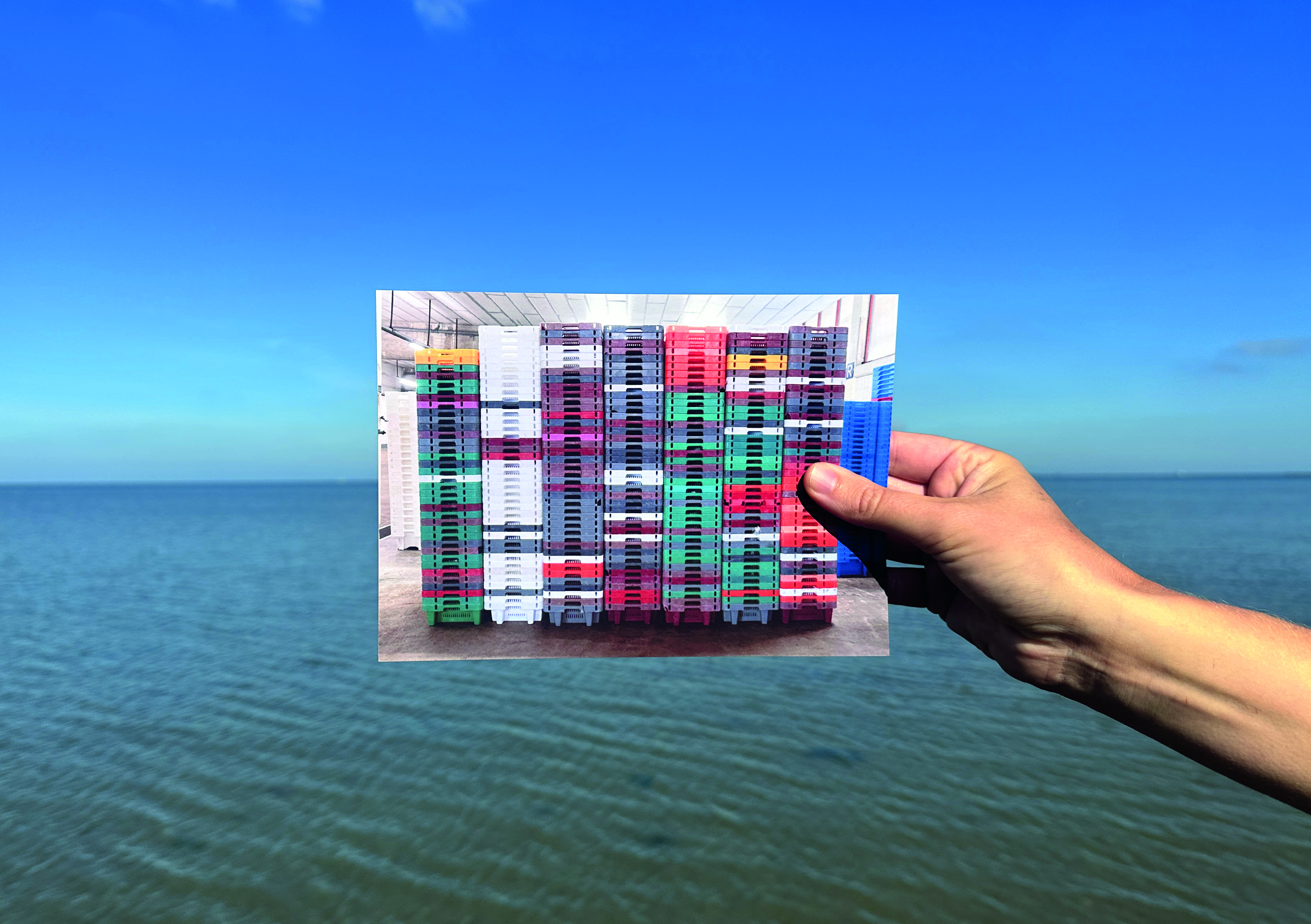
Wandelende Duinen
Eva Koopmans - she/her
Relational artist
Country: The Netherlands
Discipline: Community art – Visual art – Participatory art
Type of public space: Periphery – Rural – Nature
PLATFORM 2025 - 2028 Open call #1

Biography
‘Wandelende Duinen’ originates from the practice of Eva Koopmans. She studied scenography at the art academy in Groningen and followed up with a Master’s Degree in 'Interrelational Artistic Practices' at Frank Mohr. From 2021 to 2024, she was part of the talent development program Station Noord and developed work for, among others, Oerol, Over het Ij, and Explore the North.
With ‘Wandelende Duinen’, we implement art within different types of ecosystems to create conversations about societal issues. We focus on the various connections that exist within these ecosystems. Connections between people on a small scale in neighborhoods or within organisations, but also connections between humans and the ever-changing landscape. We develop work that focuses on the realisation that we should want and dare to connect with each other and places in new ways. To do this, it is necessary to share new or forgotten perspectives and stories. Stories of love, strength, and adaptability, but also of sadness, mourning, and processing. To search together for what unites us, rather than what separates us further. So that we can learn again to collectively care for each other and the earth on which we live.
Artistic project
‘Entangled Shorelines: carry me across the sea’ is an immersive artwork that takes visitors on a journey through a translocal network of landscapes connected to the sea. The visitor navigates through changing coastlines via life-size landscape photographs printed on fabric, placed in locations to create a visual dialogue. The artwork invites visitors to expose themselves to change by listening to personal stories from coastal communities about the adaptability required in the face of constant change.
This project is the culmination of an artistic research conducted by Eva Koopmans and Dr. Imogen Thea Humphris (Hanze University of Applied Sciences). In 2024 and 2025, they visited three rural coastal communities along the North Sea—Lauwersoog (Netherlands), Suffolk (England), and West Jutland (Denmark)—areas once connected by Doggerland, now strongly impacted by climate change and industrialisation. Each community responds differently to these changes, with varying water management strategies that influence local culture and identity. Despite differences, all share experiences of floods, lost lives at sea, and the decline of local fisheries. These stories of adaptation and changing landscapes in response to climate change are the foundation of the artwork.
Format: walkabout art installation with visuals and audio
Size of audience: unlimited number of visitors
Specific location: seaside
Timing / duration: the installation is accessible during the day and people can stay as long as they want